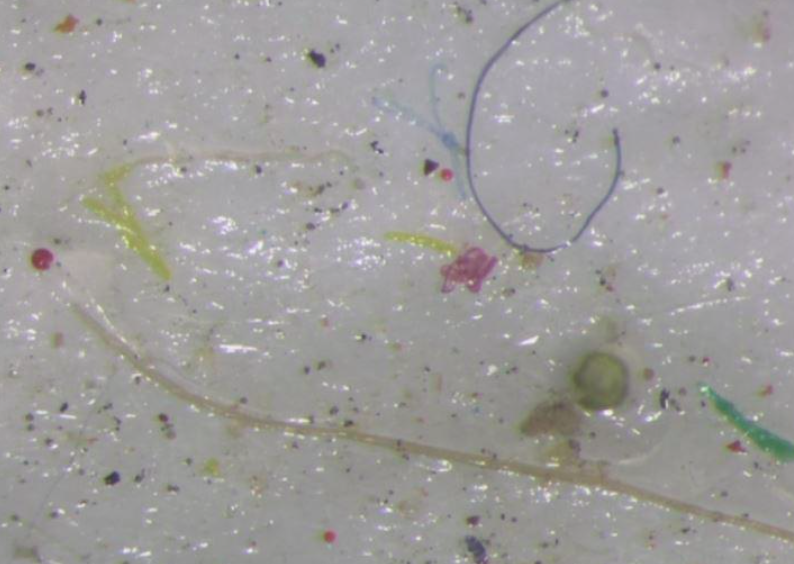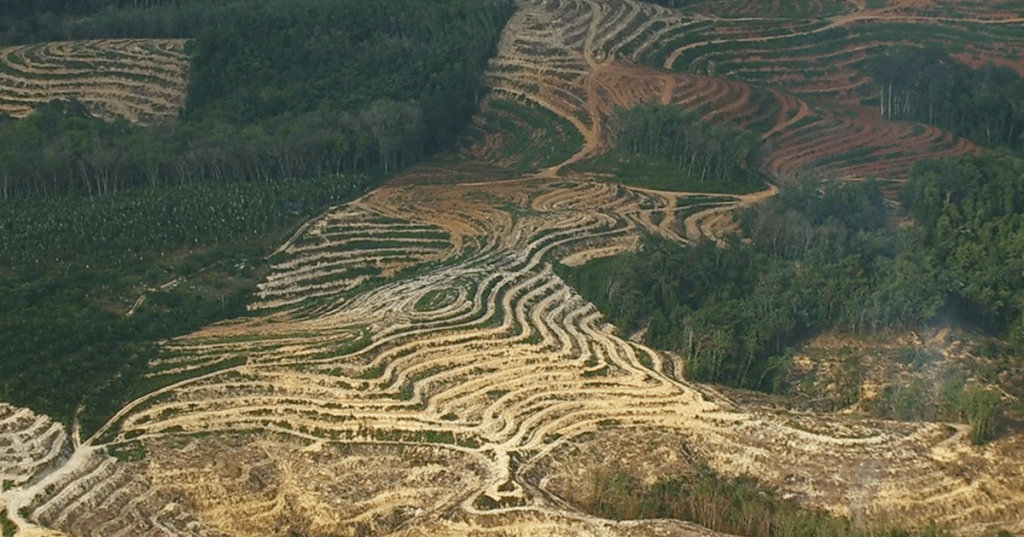You are here
Fri, 2009-03-13 10:34 — mdmcdonald
The mission of the OneHealth Working Group is to integrate all health domains into one discipline worldwide.
General Topic Tags:
Problem, Solution, SitRep, or ?:
Group:
Group description:
The One Health Working Group is focused on the issues of integrating all health domains into one discipline worldwide.
Group visibility:
Public - accessible to all site users
Add Content to this group
Members
| admin | Carrielaj | ChrisAllen | jranck | Kathy Gilbeaux | mdmcdonald |
| MDMcDonald_me_com | TheresaBernardo |












Recent Comments